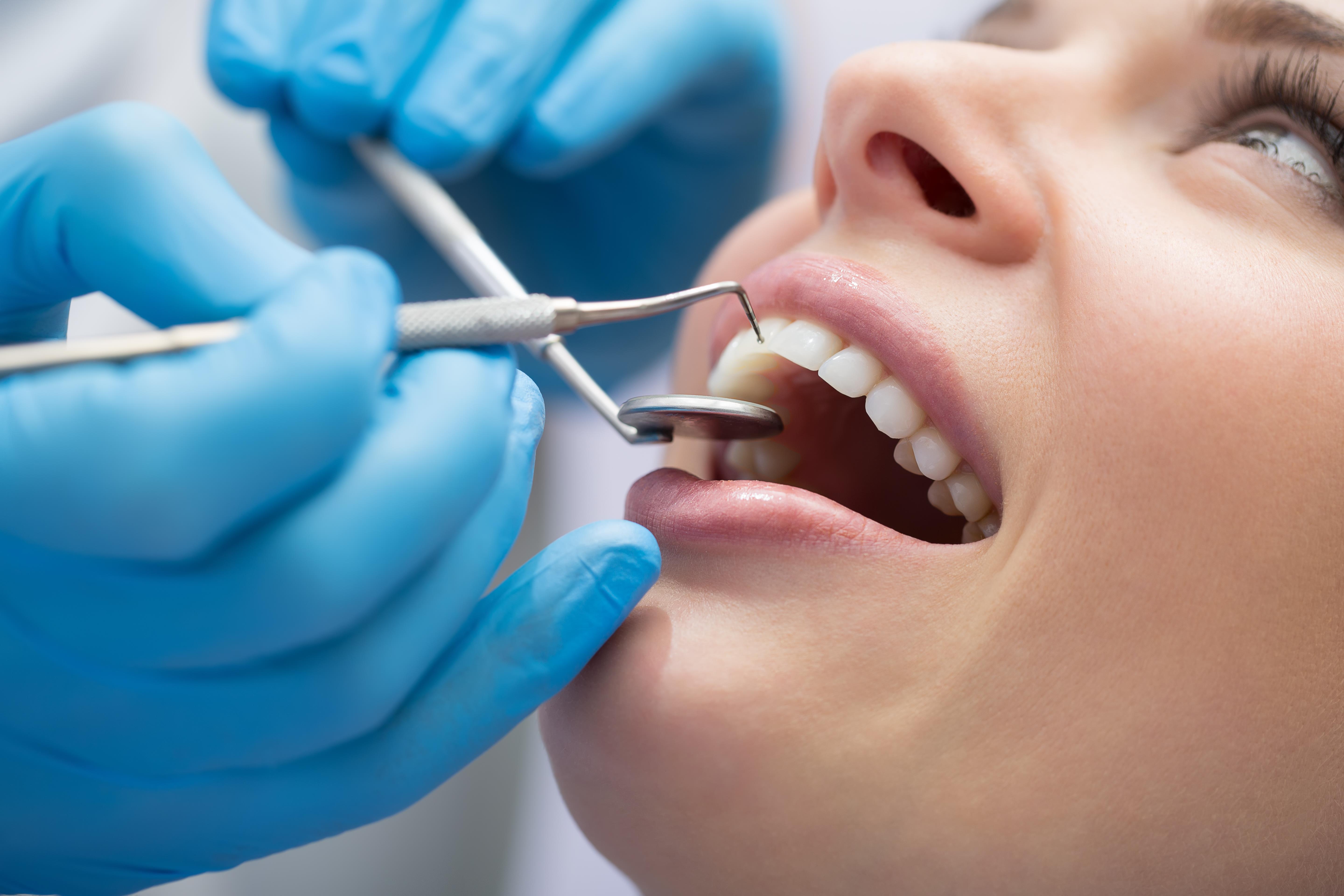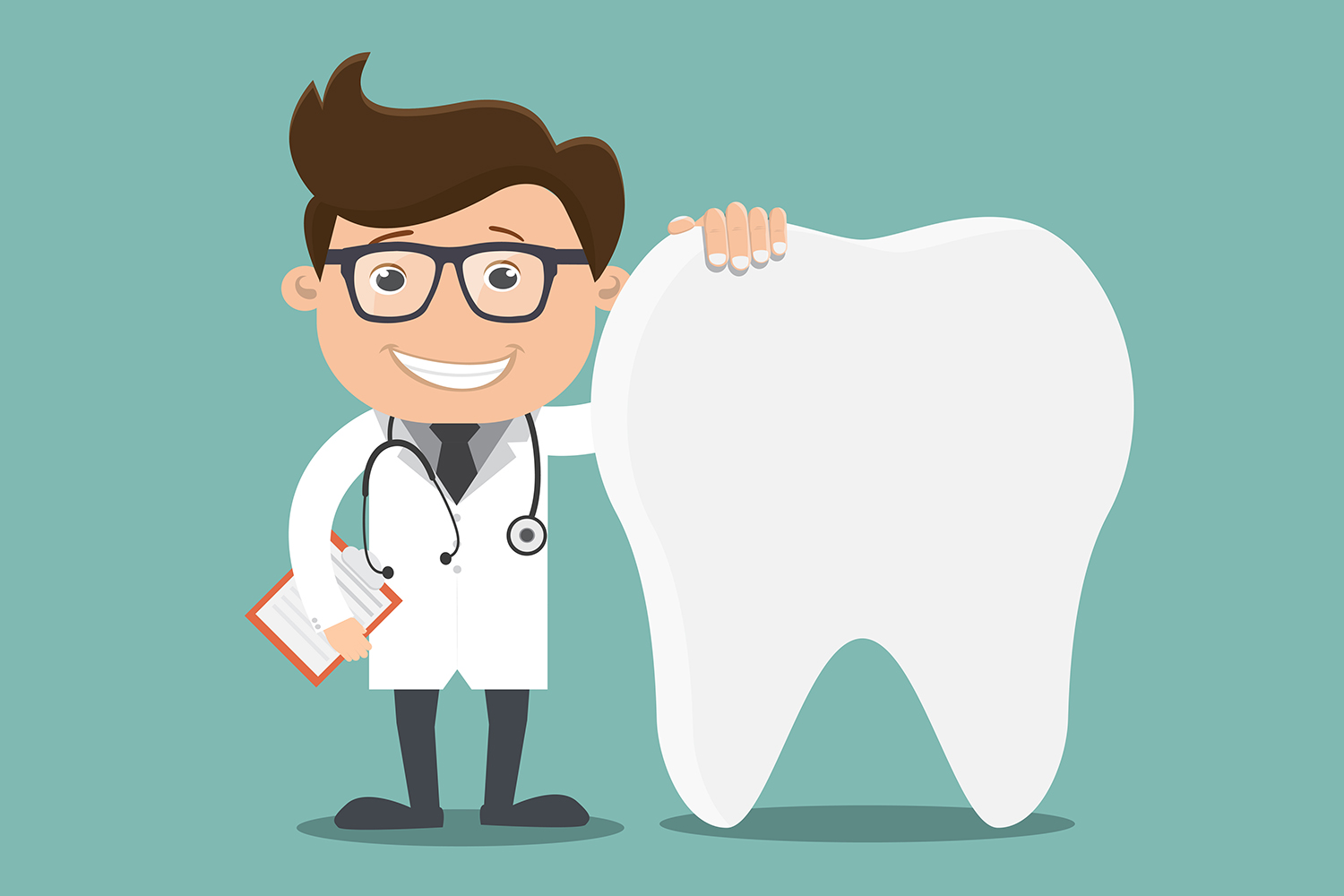Usual Inquiries About Dental Veneers Addressed
Dental veneers have come to be a significantly popular choice for those aiming to enhance their smiles, yet several individuals remain unpredictable about numerous facets of their usage. Secret concerns often develop regarding the application procedure, long life, and prospective threats related to these cosmetic improvements. The distinction between porcelain and composite veneers can substantially affect one's option. As we explore these typical queries, it comes to be important to take into consideration not just the benefits but also the effects of choosing dental veneers in search of a much more certain look. What variables should one weigh before making such a choice?
What Are Dental Veneers?
Dental veneers are thin, custom-made shells crafted from porcelain or composite resin that are designed to cover the front surface of teeth. These oral prosthetics serve both functional and aesthetic objectives, offering a remedy for various dental imperfections, including discoloration, chips, spaces, and imbalance. By sticking to the teeth, veneers can considerably enhance the general appearance of a smile, producing a more attractive and consistent look.
Porcelain veneers are specifically preferred for their natural clarity and stain resistance, making them a perfect choice for individuals looking for durable outcomes. In contrast, composite material veneers are usually cheaper and can be applied in a single check out, yet they might not use the very same longevity as porcelain choices.
The decision to select dental veneers frequently comes from a wish for visual renovation, however patients must likewise think about factors such as the durability of the material, upkeep needs, and the potential requirement for tooth reduction (Porcelain Veneers Washington DC). Ultimately, dental veneers stand for a effective and flexible remedy for attaining a radiant smile, satisfying individual aesthetic demands while promoting confidence and self-confidence
Exactly How Are Veneers Applied?
The application process for veneers calls for careful planning and accuracy to make sure optimum results. The procedure generally starts with a comprehensive consultation, where the dental expert assesses the client's dental health and wellness, reviews desired end results, and identifies the ideal type of veneers, whether porcelain or composite material.
As soon as the therapy strategy is developed, the dental professional prepares the teeth by eliminating a thin layer of enamel, usually concerning 0.5 mm to 1 mm, to accommodate the veneer. This step is important as it ensures a proper fit and stops the veneers from showing up bulky - Porcelain Veneers Washington DC. After preparation, perceptions of the teeth are required to develop custom veneers that match the person's one-of-a-kind dental structure and visual preferences
While the permanent veneers are being produced in an oral research laboratory, momentary veneers might be put to safeguard the prepared teeth. As soon as the permanent veneers prepare, the dental professional will carefully bond them to the teeth using a strong oral adhesive. Last adjustments are made to guarantee appropriate positioning and attack, adhered to by brightening for a natural appearance. The process culminates in a follow-up consultation to keep an eye on the veneers' fit and the person's contentment with their brand-new smile.
What Are the Benefits?

Furthermore, veneers are recognized for their sturdiness and resistance to discoloring contrasted to natural teeth. Made from premium products such as porcelain or composite material, they can keep their appearance for several years with appropriate treatment. This durability makes them a functional investment in one's dental appearance.
Along with aesthetic enhancements, veneers can likewise contribute to boosted oral health and wellness. By covering harmed or weakened teeth, they can supply extra support and protection, aiding to avoid additional decay or wear and tear. This safety element can lower the demand for much more substantial oral procedures in the future.

For How Long Do They Last?
With appropriate care and maintenance, dental veneers can last anywhere from 10 to 15 years, making them a long-lasting option for boosting one's smile. The durability of veneers greatly depends upon the product used, the quality of the preliminary positioning, and the client's adherence to dental hygiene methods.
Porcelain veneers are known for their toughness and resistance to staining, typically lasting closer to the 15-year mark when looked after suitably. Composite veneers, while extra economical, may require substitute sooner, often within 5 to 10 years due to their vulnerability to put on and discoloration.

In addition, using a mouthguard throughout sports or nighttime can provide added protection. helpful site Ultimately, while veneers offer a significant aesthetic enhancement, their long life is considerably influenced by the commitment to proper oral care and regular appointments with a dental specialist.
Are There Any Threats?
Thinking about the transformative impacts of oral veneers, it's important to acknowledge the prospective dangers related to their application. While veneers can improve the look of teeth, the treatment includes the removal of a thin layer of enamel, which can boost tooth level of sensitivity and susceptability to decay.
One significant threat is the possibility of inappropriate placement or fitting, resulting in pain, bite misalignment, or also damage to the underlying tooth structure. Furthermore, if the veneers are not kept effectively, they can end up being blemished or damaged in time, necessitating substitute.
Clients may also experience allergies to the products used in the veneers, particularly if they have sensitivities to specific dental compounds. While veneers are durable, they are not undestroyable; too much force from clenching or grinding can lead to fractures.
It is necessary for individuals to seek advice from a qualified oral expert to assess their specific dangers and to follow aftercare instructions carefully. By recognizing these dangers, clients can make enlightened choices concerning their dental veneer treatment and make certain the durability and success of their improvements.
Conclusion
In recap, oral veneers represent a useful cosmetic solution for improving smiles, with factors to consider regarding their application, benefits, longevity, and associated threats. Their efficiency is affected by elements such as the choice of product, with porcelain offering remarkable longevity compared to composite alternatives. Appropriate treatment and maintenance are crucial to make the most of the life expectancy of veneers. Inevitably, informed decision-making regarding dental veneers can lead to acceptable aesthetic end results and improved oral health and wellness.
Oral veneers are slim, personalized coverings crafted from porcelain or composite resin that are developed to cover the front surface area of teeth. After prep work, perceptions of the teeth are taken to develop customized veneers that match the person's one-of-a-kind dental framework and visual choices.
While the permanent veneers are being produced read what he said in a dental research laboratory, short-term veneers might be put to secure the prepared teeth. When the irreversible veneers are prepared, the dentist will thoroughly bond them to the teeth using a strong dental adhesive. Inevitably, educated decision-making regarding dental veneers can lead to sufficient visual outcomes and boosted oral health and wellness.